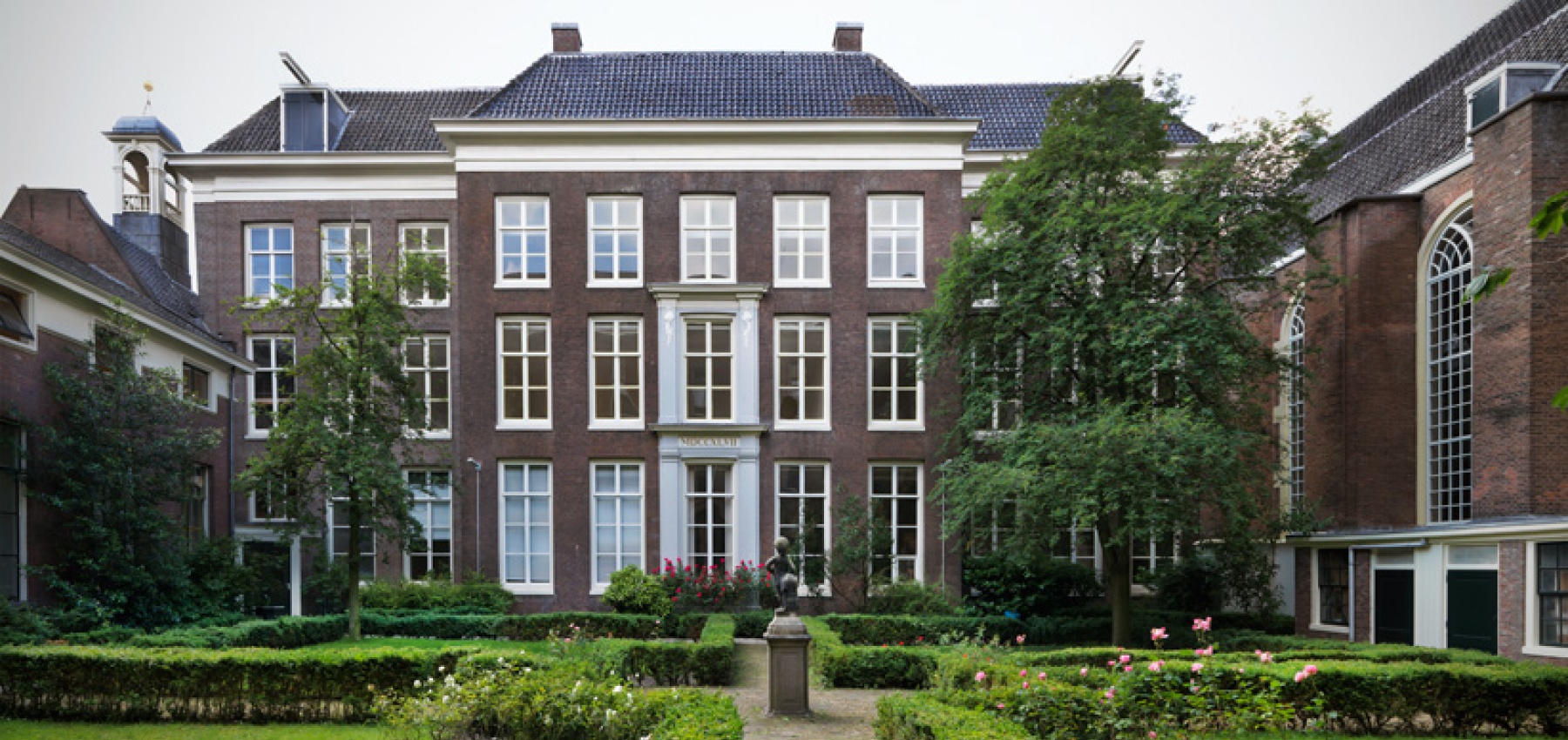On Monday April 1, five international scholars will join five Dutch historians to form the theme group Comparing the wars of decolonization: Extreme violence during reoccupation and counter-insurgency, 1945-1975 gathering at the NIAS for the coming three months. This project engages in comparative research in order to learn more about causes, forms and nature of (extreme) violence by Dutch military forces in their attempt to reoccupy the Indonesian archipelago (1945-1949). Project leader Thijs Brocades Zaalberg wrote a blog about the preparations.
For me and Bart Luttikhuis, with whom I coordinate this project, it is an exciting moment after one and a half year of intensive preparations parallel to our regular academic duties. With all this academic weight on board, will we be able to rise to the challenge we have set ourselves: moving beyond the casual and polemical ‘guilt rating’ that thus far tends to dominate comparisons of colonial violence?
Comparing violence perpetrated by colonial powers during decolonization has been common practice since colonial times. As early as 1946 General Spoor compared – favorably for his own troops and of course quite selectively - his colonial army’s ‘direct’ methods to the indiscriminate fire power unleashed by the British during their partial occupation of Java and Sumatra. The same was done in 1948 when the Royal Air Force bombed Communist rebels in neighboring Malaya. However self-serving, such sloppy comparisons nevertheless trigger the question if forms of violence really matters once you are on the receiving end - like Javanese or Malay peasants.
Comparison has also frequently been used to underline lingering notions of Dutch exceptionalism. After war veteran Joop Hueting in 1969 revealed widespread Dutch atrocities in Indonesia on national TV, one of the many hundreds of angry fellow veterans ranted in a letter of protest to the broadcasting station: “We Dutchmen don’t do such things. Germans, French and Americans do those things, but we don’t”. But if recent historiography has proven anything it is that a significant number of young Dutch men resorted to methods reminiscent of those of their former German and Japanese occupiers. The frequency with which common soldiers made this comparison in their very own handwritten war diaries is surprising.
Our ambition to compare has aroused some suspicion from those fearing that putting Dutch practices of torture, executions and arson in context will relativize such violence. But instead of engaging in the fruitless pursuit of a ‘league table of barbarity’ - claiming that others were more violent than ‘us’ - we raise the question in what ways the Dutch were exceptional and in what way they were typical. Why did resorting to excessive forms of force seem inescapable, logical and defensible to those ordering or condoning it in Indonesia, Algeria and Kenya? By answering such questions in a comparative way, we will provide the Dutch researchers in the larger program with an analytical framework for their projects. Moreover, to further inspire our research teams, we invite speakers who theorize on colonial violence and on civil war in more historical depth, for instance by comparing French, British and American colonial warfare around 1900.
The research team intends to do all this by creating an ‘academic pressure cooker’ setting at NIAS, with its stimulating interdisciplinary environment. The project’s initial results will be presented during the conference organized by the theme group on 20 June 2019, followed by a broader academic workshop the following day. In June 2020 the leading historical journal BMGN-Low Countries Historical Review will publish a forum in Dutch where the theme group members will present and discuss their findings. And last but not least, the projects primary results will be published as a book by Cornell University Press in 2021.



